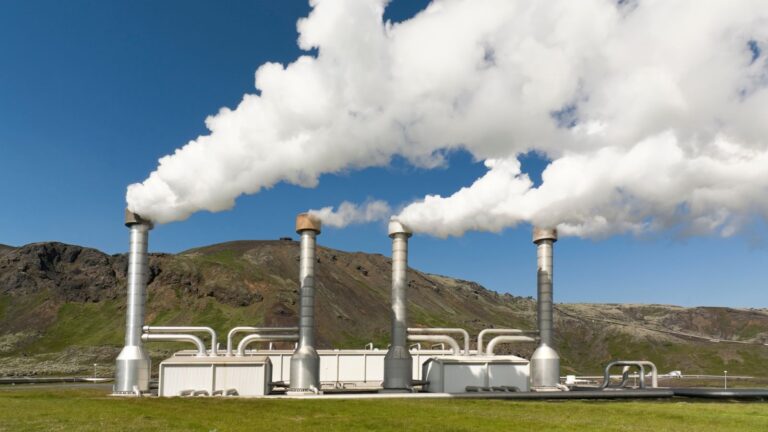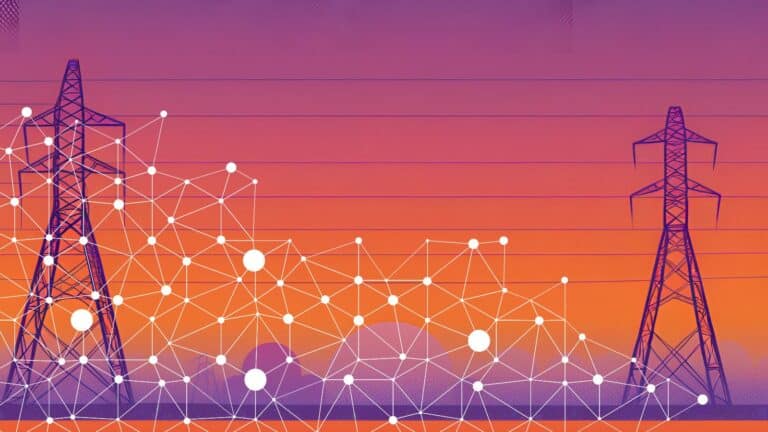This research provides new techno-economic insights into integrating flexible combined-cycle gas turbines with post-combustion carbon capture and storage for low-carbon power systems.
Abstract
This research provides new techno-economic insights into integrating flexible combined-cycle gas turbines with post-combustion carbon capture and storage (CCGT-CCS) for low-carbon power systems. This study developed a versatile unit-commitment optimisation model of CCGT-CCS. This research highlights the model’s adaptability, accommodating diverse techno-economic configurations, feed gases (e.g., biomethane or fossil natural gas), carbon capture rates, and policy instruments. This generalisation empowers seamless application in various policy and market contexts, making the model a potent tool for researchers and policymakers. While the case study focuses on the UK, the findings are relevant for most low-carbon power systems with variable renewable supplies. Analysing the UK’s net-zero scenarios from 2030 to 2050, the economic viability of flexible CCGT-CCS was highlighted. Intertemporal flexibility proves highly valuable with greater electricity price volatility, with a total ROI range of 81–246 %, surpassing the CCGT-CCS plant’s ROI (7–64 %). A flexible solvent storage solution should be seen in the context of the overall system ‘flexibility’ requirements of a low-carbon power system. On a cost basis, solvent storage represents just a fraction of the capital costs of more “mainstream” energy storage technologies, such as lithium-ion batteries or hydro-pumped storage, while CCGT-CCS offers firm power. Overall, while seen as a rather technical solution, if abated fossil fuel generation is to be part of a future low-carbon power system, having this flexibility adds economic benefits not just to operators but also improves overall system security and complements high shares of variable renewables on the grid.






